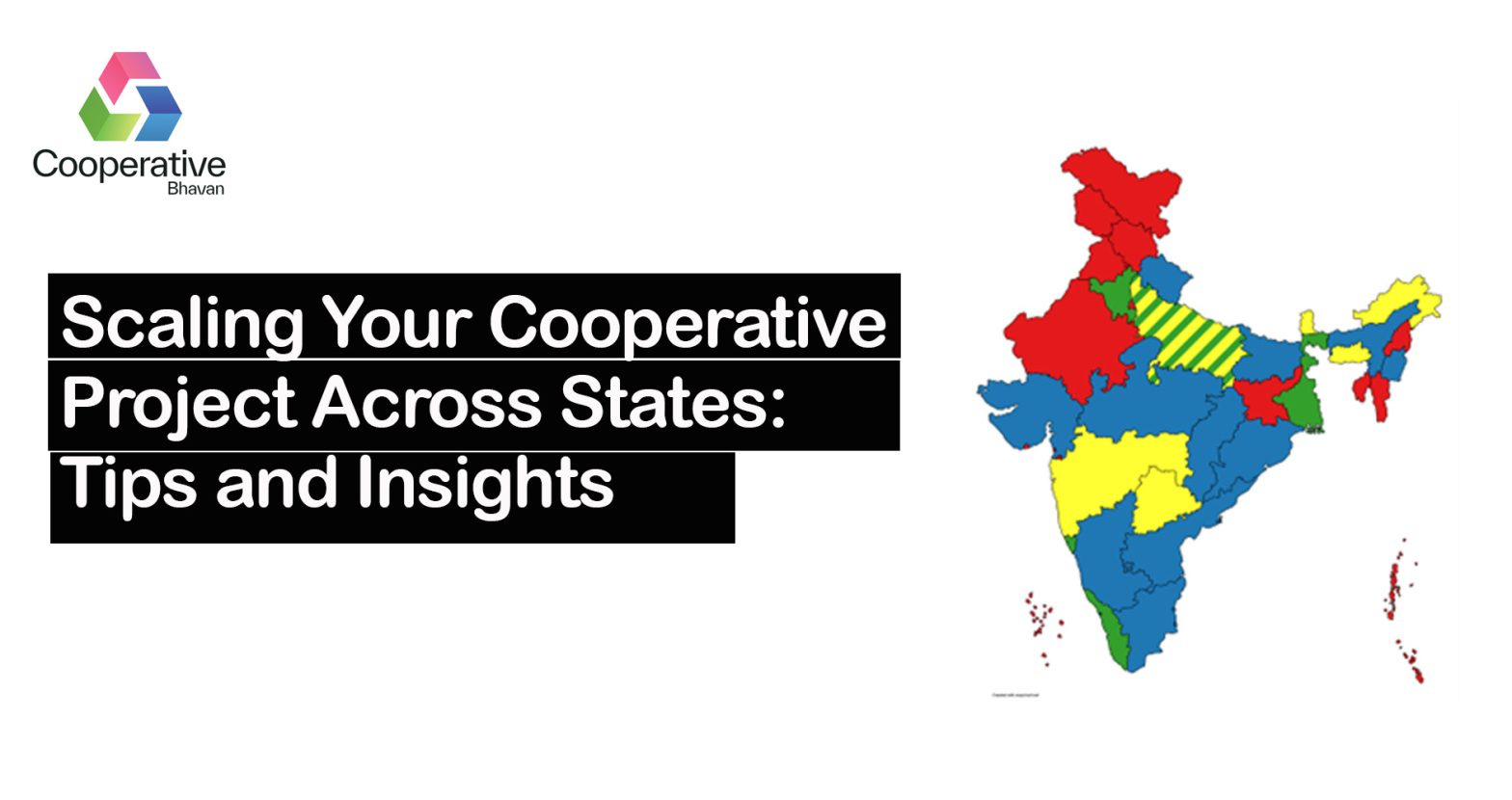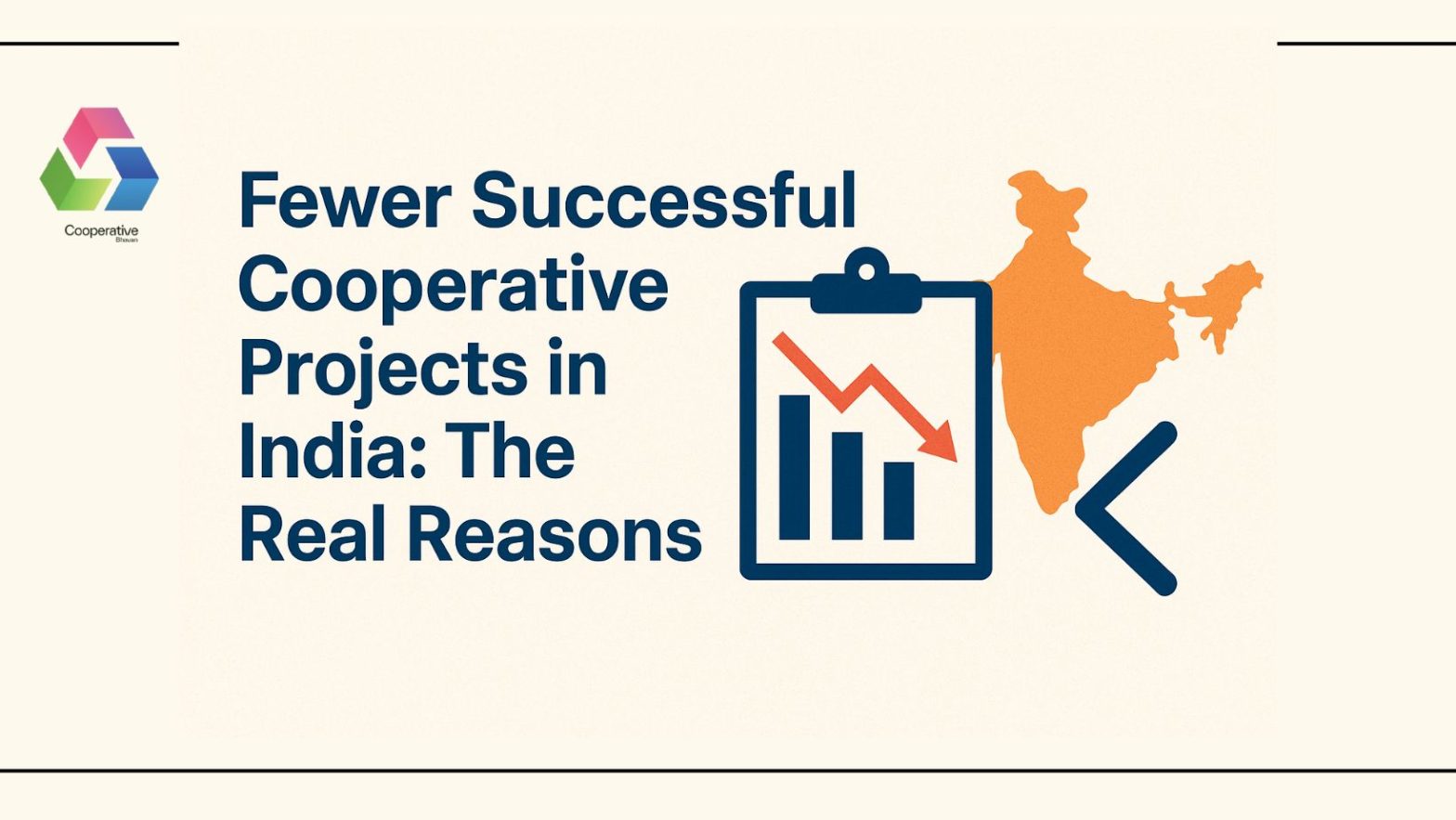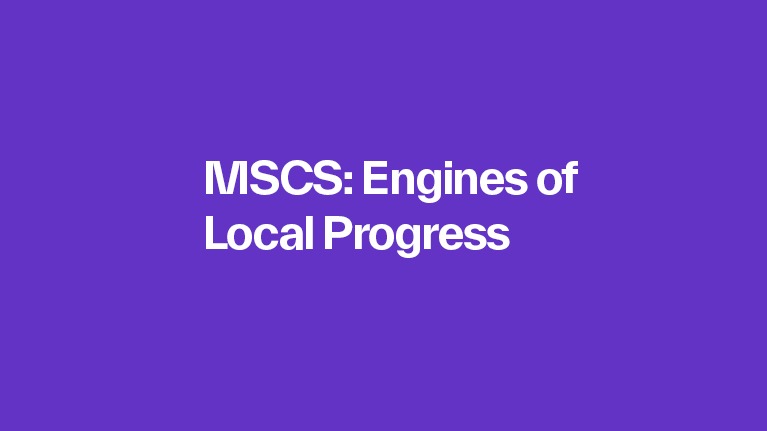Financial Planning and Resource Allocation in Cooperative Projects

Financial planning and resource allocation are the backbone of any successful cooperative project. Unlike traditional business models, cooperatives thrive on collective participation, transparent decision-making, and equitable distribution of resources. Whether you are setting up a Multi State Cooperative Society Registration in Kerala or looking for Multi State Cooperative Society Registration in India, strategic financial management ensures long-term sustainability and growth.
Why Financial Planning Matters in Cooperative Projects
Cooperatives operate on shared capital and community investment, which makes financial planning critical. Effective planning helps in:
- Ensuring equitable use of resources across members
- Reducing risks associated with project delays and funding gaps
- Maintaining accountability and transparency in fund utilization
- Achieving long-term sustainability while upholding cooperative principles
For instance, a Multi State Cooperative Society project builder in Kerala must analyze revenue streams, operational costs, and reinvestment opportunities before launching any large-scale cooperative initiative.
Key Elements of Financial Planning in Cooperatives
- Capital Structuring:
Cooperatives need a clear plan for member contributions, borrowings, and grants. This ensures projects don’t collapse under financial strain. - Budget Allocation:
Allocating funds to different phases of the project—planning, execution, monitoring, and expansion—is vital for progress. - Risk Assessment and Contingency Funds:
Unforeseen challenges such as market fluctuations or policy changes can disrupt projects. Cooperatives must set aside reserve funds to handle such situations. - Revenue Management:
Effective monitoring of revenue streams ensures that cooperative projects remain profitable without compromising community goals. - Technology Integration:
Using digital financial tools allows real-time monitoring of cooperative accounts and enhances transparency for all members.
Resource Allocation Strategies
Resource allocation determines how effectively a cooperative can translate its vision into action. Some proven strategies include:
- Prioritizing Core Activities: Investing in infrastructure, training, and community outreach before moving to secondary goals.
- Member-Centric Investment: Ensuring that financial benefits and opportunities are equally distributed among cooperative members.
- Partnership Building: Collaborating with government agencies, NGOs, and private stakeholders for funding and technical support.
- Scalable Planning: Creating flexible models that can adapt to future growth and expansion across multiple states.
Cooperative Bhavan: A Hub for Sustainable Cooperative Development
Institutions like Cooperative Bhavan play a pivotal role in guiding cooperatives toward better financial planning and resource management. They provide consultation, project development frameworks, and training to ensure cooperative societies not only survive but thrive in competitive markets.
For entrepreneurs and social leaders looking for Multi State Cooperative Society Registration in Kerala or expanding their projects with Multi State Cooperative Society Registration in India, guidance from trusted cooperative project builders and institutions like Cooperative Bhavan becomes invaluable.
Conclusion
Financial planning and resource allocation are not just management practices—they are lifelines of cooperative success. With structured strategies, transparent execution, and professional guidance, cooperatives can maximize their resources, empower communities, and build resilient projects that stand the test of time.
If you are considering a new cooperative initiative or seeking expansion, start with strong financial planning. A well-planned cooperative is not just a business—it is a community-driven legacy.








































 Mail
Mail  Booking
Booking
 Call
Call